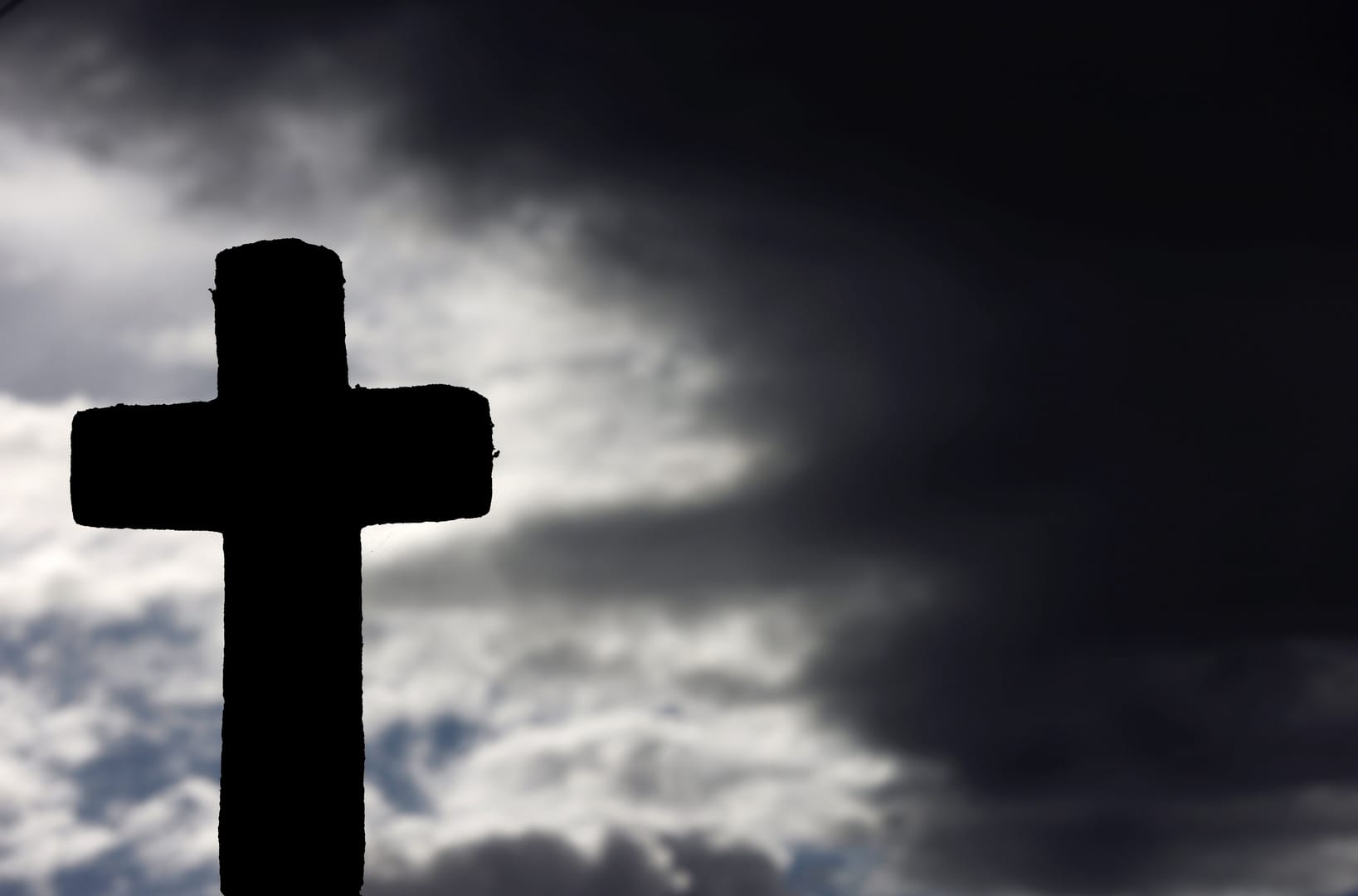PHILADELPHIA – Pope Francis is still in the United States, wrapping up his final day in the country with a Mass held in a Philadelphia parkway expected to attract upwards of 1 million people.
It’s the final act of the pontiff’s Sept. 19-27 trip to three cities in Cuba and then three in the United States, including Washington, DC and New York before arriving in Philly for a Vatican-sponsored World Meeting of Families.
Though it takes time to assess the long-term impact of a papal trip, it’s not too early to float four broad conclusions regarding what we’ve learned about Francis over the last week.
In brief, those conclusions are:
- He plays well in the States.
- He’s got a deft political touch.
- He’s good pretty much everywhere, but he’s best in small settings.
- The Francis honeymoon is not over.
Let’s start with the pope’s reception in America.
In the run-up to the trip, there was talk about whether the United States represents a “tough room” for the pope’s message. Some feared his anti-capitalist rhetoric, his revulsion to consumerism, and his lack of familiarity with the country and with English might produce blowback.
It really hasn’t worked out that way.
Instead, Francis has drawn a rapturous response everywhere he’s been, including large and enthusiastic crowds along his routes and at his venues, and glowing media coverage.
Reflecting on why that is, perhaps the explanation is simple. In a divided culture in which public figures are usually known either for their personal dysfunction or their potential to whip up acrimony, anyone who says, “We can be better than this, and we can do it together,” will play well.
A T-shirt glimpsed in the streets of Philly this weekend said it all: “This pope gives us hope.”
A second prediction heading into the trip was that the issues Francis would stress would benefit the political left rather than the right, but that’s not really what we’ve seen, despite some grumbling among conservatives about how Francis delivered a slap in the face.
In his White House address on Wednesday, Francis did indeed praise the Obama administration for its leadership on pollution and climate change, and also called himself a “son of immigrants” in advocating greater compassion and welcome.
Yet at the same time he defended the traditional conception of the family and stressed the importance of religious freedom, offering a vote of confidence to the US bishops in that regard.
Those bishops, of course, have been involved in a tug-of-war with the Obama White House over the contraception mandates imposed as part of health care reform.
Later that night, he put an exclamation point on the religious freedom message by visiting a group of the Little Sisters of the Poor, an order of nuns currently involved in a lawsuit against the government over that issue.
Both in his address to Congress and his speech to the UN, Francis stressed the same mix of issues. On Saturday he came back again to religious freedom, upholding it against what he described as “modern forms of tyranny” and linking it to great causes such as civil rights, the labor movement, and the abolition of slavery.
(The fact that Francis was asked to give the talk on religious freedom by Philadelphia Archbishop Charles Chaput doesn’t change the fact that these were his words.)
In other words, if one looks with dispassion at the totality of what Francis had to say, it would be tough to find a “bump” for anyone.
In terms of Francis’s effectiveness in small settings, anyone watching the whole of the trip would likely say that the most fun the pope seemed to have was at Our Lady Queen of Angels school in Harlem, which serves low-income and immigrant students, including unaccompanied minors from Latin America.
The pope entered a small room with perhaps a couple dozen students, along with a small number of benefactors, and absolutely lit up. His body language changed and he felt comfortable enough to go significantly off-script, asking the kids to sing a couple of songs for him at the end and then leading them in the Lord’s Prayer.
Francis has acquitted himself well pretty much everywhere on this trip, but nowhere was he more himself.
Also on Friday he spoke to perhaps the largest gathering of heads of state in world history at the UN, and that night he celebrated an SRO Mass at Madison Square Garden. Yet if you asked him, he’d probably say that stop at the school, coupled with his inter-faith ceremony at Ground Zero, were the most important things he did all day.
Finally, the trip clearly suggests the “Francis honeymoon” is still in full swing.
There were turns of phrase or gestures along the way that might have gotten another pontiff into trouble – his disparaging reference to “crying nuns” in Cuba, for instance, or his fairly tough language on religious freedom on Saturday, or the fact that, despite being expected to meet victims in private Sunday morning, he has had very little to say publicly about the clerical sexual abuse scandals.
None of that, however, really put a dent in the “People’s Pope” storyline.
Perhaps that will be another sense in which Francis becomes a pope of firsts, disproving the conventional wisdom that honeymoons always someday end.













